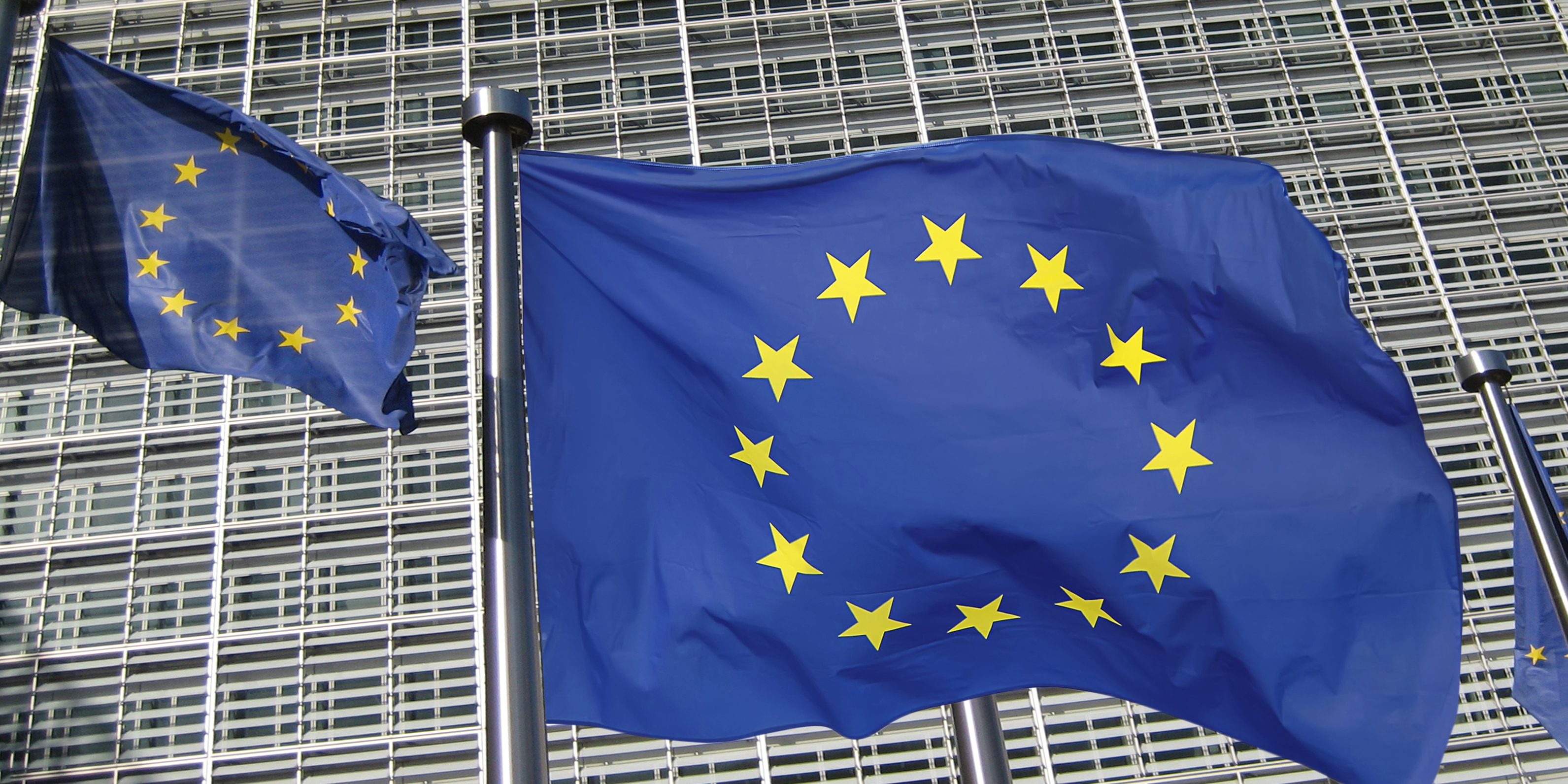
Bad news for European democracy
A recent series of sad news has – one after the other – sealed the prospects for strengthening European democracy.
The rejection of transnational electoral lists
At the beginning of February, the European Parliament rejected, by a large majority, the creation of transnational lists for the 2019 European Parliament election.
The aim was to allocate part of the 73 seats left vacant by the British – because of Brexit – to MEPs elected from these famous trans-European lists. These lists, composed of candidates of all EU nationalities, would have been put to the vote of citizens in all Member States.
This project being turned down, now only transnational political parties such as the European Federalist Party will make a truly European campaign by presenting lists in several countries.
Spitzenkandidat, return to square one
By rejecting the procedure of the “top of the list” candidate, the leaders of the European Union refused, on Friday 23 February, that the Europeans appoint by themselves the President of the Commission.
It is by this means that Jean-Claude Juncker, supported notably by the UMP in France, the CDU-CSU in Germany and the Popular Party in Spain, had been appointed in 2014. During this election campaign, the various candidates supported by the European parties participated in televised debates.
France returns to the single constituency
Obviously in France, the main parties have difficulty accepting democracy at the local level. The creation of 8 local constituencies had forced political parties to organize local debates. The French National Assembly voted to return to the single constituency. It will no doubt be necessary to fear excessive centralisation of debates.
European Citizens’ Conventions make a flop
The Conventions promised by French President Emmanuel Macron, which were to be genuine forums for European citizens, have become mere ‘consultations’. It is not certain that the sending of a survey by the Member States administration participating in this operation would fulfil the role of a democratic forum for debate and exchange.
To remedy this, Yves Gernigon, President of the European Federalist Party, has therefore decided to organise meetings – in many European cities – between European citizens to discuss the major political issues of the moment.
